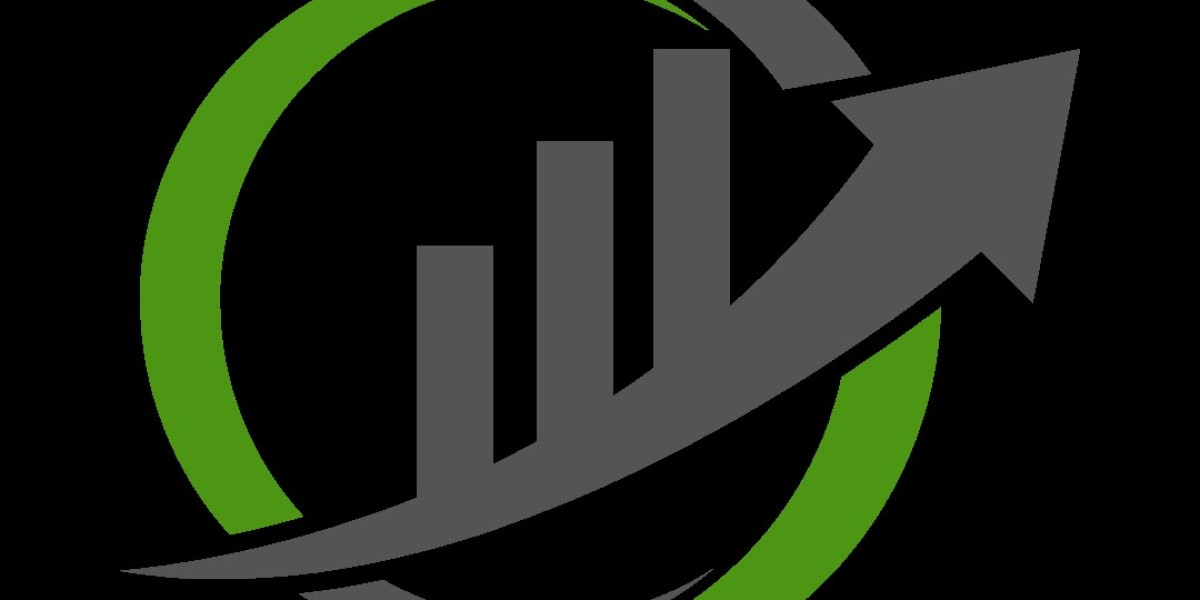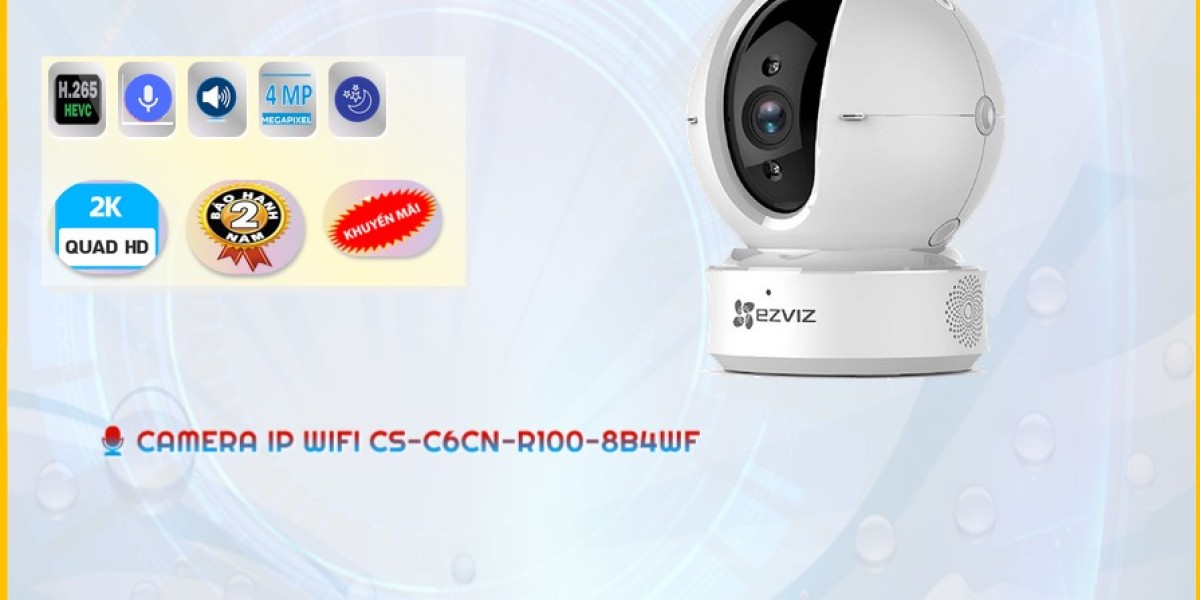QuickBooks vs. Sage 50: Which Accounting Software is Right for Your Business?
Choosing the right accounting software can significantly impact your business's efficiency and financial management. Two of the most popular options are QuickBooks and Sage 50. Both are robust platforms designed to streamline accounting tasks, but they cater to different business needs. Let's explore the key features, benefits, and differences between QuickBooks and Sage 50 to help you make an informed decision.
QuickBooks: User-Friendly and Versatile
QuickBooks, developed by Intuit, is widely known for its user-friendly interface and versatility. It is particularly popular among small to medium-sized businesses.
Key Features:
- Ease of Use: QuickBooks offers an intuitive, easy-to-navigate interface, making it accessible even for users with limited accounting knowledge.
- Automation: The software automates many tasks, such as invoicing, payroll, and bank reconciliations, saving time and reducing errors.
- Integration: QuickBooks integrates seamlessly with a variety of third-party applications, including payment processors, CRM systems, and e-commerce platforms.
- Cloud-Based Options: QuickBooks Online provides remote access, allowing users to manage their finances from anywhere with an internet connection.
- Scalability: Available in multiple versions (QuickBooks Online, QuickBooks Desktop), QuickBooks can scale with your business as it grows.
- Reporting: QuickBooks offers a wide range of customizable financial reports and real-time insights to help businesses make informed decisions.
Ideal For:
- Small to medium-sized businesses seeking a user-friendly and flexible accounting solution.
- Businesses that need cloud-based access and the ability to integrate with other applications.
- Users who prefer a straightforward setup and navigation process.
Sage 50: Robust and Detailed
Sage 50, formerly known as Peachtree, is a powerful accounting software solution ideal for businesses with more complex accounting needs.
Key Features:
- Advanced Features: Sage 50 offers detailed accounting capabilities, including job costing, inventory management, and sophisticated reporting tools.
- Security: The software prioritizes data security with robust features designed to protect sensitive financial information.
- Industry-Specific Solutions: Sage 50 provides specialized versions tailored for specific industries such as manufacturing, distribution, and construction.
- Scalability: Sage 50 offers various packages that can expand as your business grows, allowing for additional features and functionalities.
- Compliance: Sage 50 ensures adherence to accounting standards and regulations, providing tools for audit trails and financial controls.
- Desktop-Based: While primarily desktop-based, Sage 50cloud offers some cloud-connected features for remote access and collaboration.
Ideal For:
- Businesses with complex accounting needs that require advanced features and detailed financial management.
- Industries that benefit from specialized solutions and industry-specific tools.
- Users who need robust security and compliance features.
Comparison
- User-Friendliness: QuickBooks is generally more user-friendly and easier to set up and use, making it ideal for businesses without a dedicated accounting team. Sage 50, though powerful, has a steeper learning curve and may require more accounting knowledge to utilize effectively.
- Features: Sage 50 offers more advanced and detailed accounting features, beneficial for businesses with complex needs. QuickBooks provides a balanced mix of simplicity and functionality suitable for a wide range of businesses.
- Cloud vs. Desktop: QuickBooks Online offers fully cloud-based solutions for flexibility and remote access. Sage 50 is primarily desktop-based, with Sage 50cloud providing some cloud-connected capabilities.
- Cost: Both QuickBooks and Sage 50 offer various pricing tiers. QuickBooks tends to be more cost-effective for smaller businesses, while Sage 50s advanced features justify its higher cost for businesses with more complex requirements.
Conclusion
Choosing between QuickBooks and Sage 50 depends on your business's specific needs. If you seek a user-friendly, flexible, and cloud-based solution, QuickBooks may be the best choice. If your business requires more advanced accounting features and industry-specific solutions, Sage 50 could be the better option. Assess your business's accounting complexity, budget, and growth potential to make the best decision.
By understanding the strengths and features of both QuickBooks and Sage 50, you can select the accounting software that aligns best with your business goals and helps you manage your finances more effectively.
Read More : http://3.110.3.61/uk/support/








